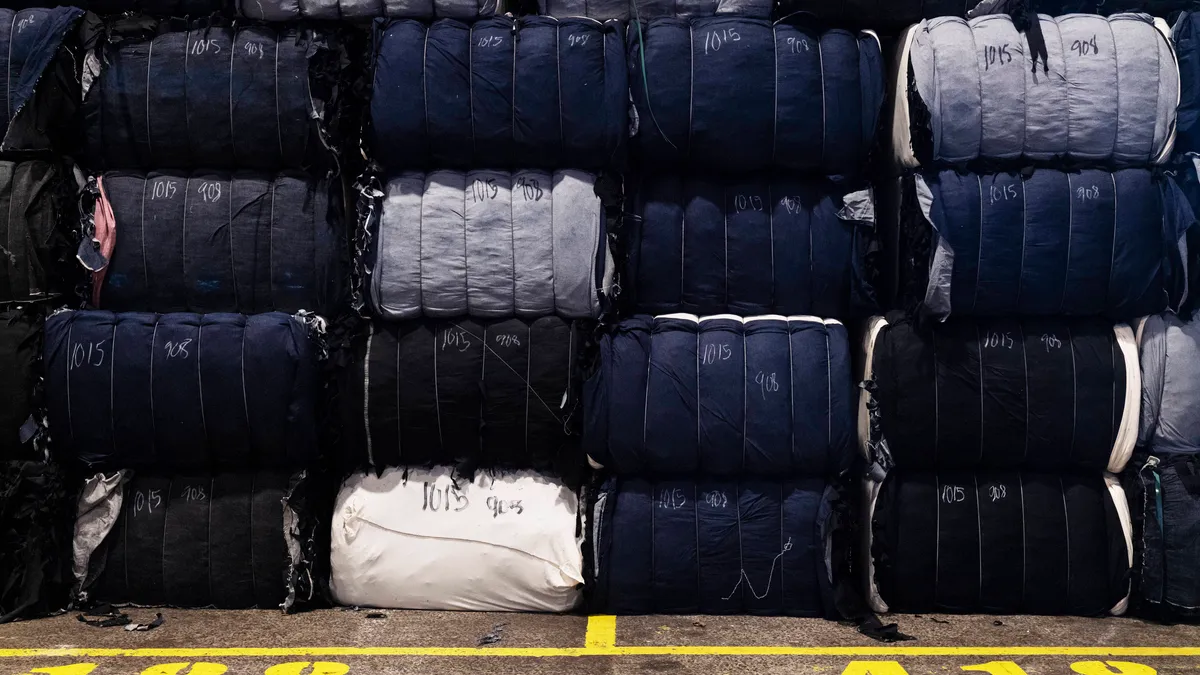In a year when tariff policies change at rapid pace and consumer sentiment shifts just as quickly, brands are looking for ways to diversify their products and stand out in the crowded market.
One such way brands are looking to engage environmentally conscious consumers is implementing lower impact materials into their product lines. Sometimes this is in the form of capsule collections, because of the challenge of scaling lower-impact products, while other brands work to incorporate alternative materials into their main lines.
Additionally, brands are incorporating the use of lower-impact products into their short- and long-term sustainability goals, including athleticwear giant Lululemon, which wants to make more products with “preferred materials” by 2030.
H&M and Tapestry are among brands that have signed long-term partnerships with alternative materials producers. These alternative material producers create their products from recycled cotton, leather, nylon 6,6 and dissolving textile pulp.
In some cases, alternative material firms are building facilities to mass produce their products on a larger scale to meet the growing demand.
Here’s a look at recent developments at recycled materials firms and some of the brands they have partnered with.












